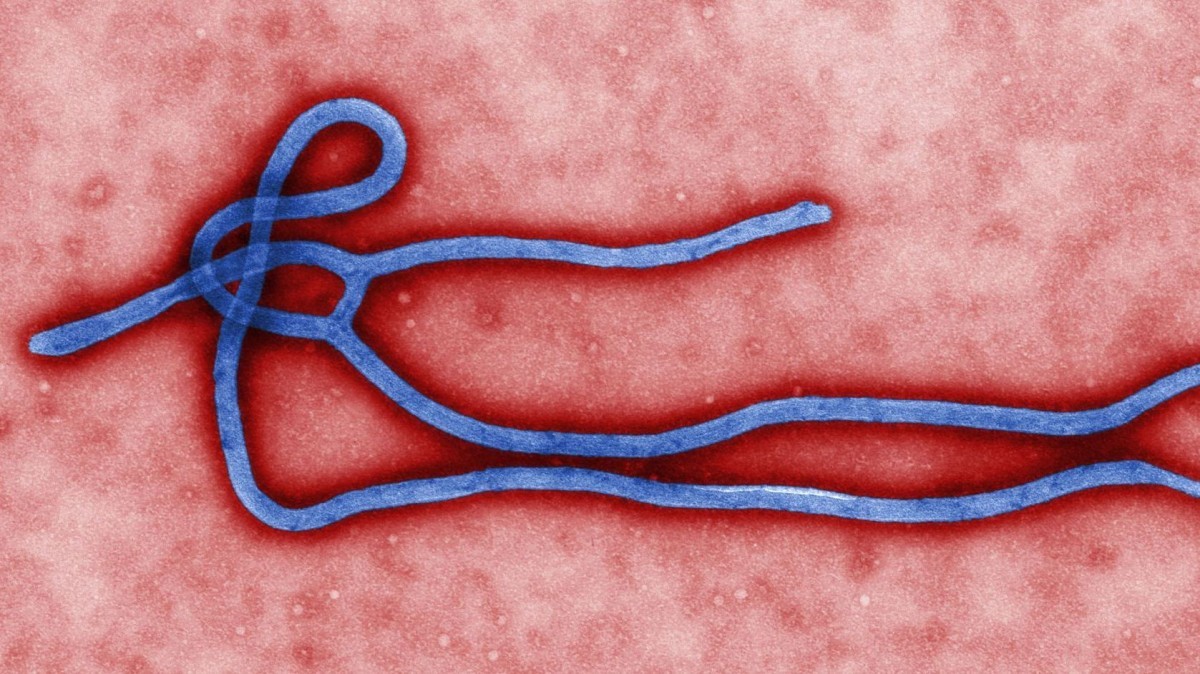
Ebola replication overwhelms the immune system.
Don’t panic about Ebola, say anxiety experts
Professor of clinical health psychology John Walker says that it’s normal to feel some anxiety about Ebola — but during such times when a health crisis looms in the news, sometimes fears can become overwhelming.
It’s not uncommon. According to Walker, who is also director of the Anxiety Disorders Clinic at St. Boniface General Hospital, about one in 20 people — or five per cent of the population — acknowledge experiencing a lot more health anxiety than most people.
“Anxiety about one’s health is common in a number of the anxiety disorders, so people who have a lot of health anxiety may have excessive anxiety about other concerns also,” he says.
He notes that people are worried about Ebola coming to Canada, in part because good health is one of our most important assets, he says. It’s key in our ability to work, take care of our home and our family and to enjoy life.
“It is normal to experience anxiety when we see a threat to our health,” he says.
“The idea of an illness which can spread among the population — even one such as Ebola that is not easily spread — with no effective treatment is quite threatening. The very high death rate is also threatening.”
Walker notes it is helpful for people to have information about Ebola and how it is spread. Most people, he says, will be able to cope with this new threat quite effectively.
However, sometimes too much information can trigger more anxiety. He says, “The information available to date suggests that it is spread mostly by close contact to bodily fluids and it is not easily spread through casual contact (in the way that cold and flu viruses spread). In the case of health anxiety, excessive reassurance can be quite unhelpful.”
In cases where someone starts to experience excessive anxiety that is persistent, says Walker, “it would be helpful to consult with a psychologist or another mental health professional with experience in helping people to overcome anxiety problems. I would expect that many of the people who will be most troubled by this threat (concern about ebola) have previously been experiencing problems with anxiety.
“If this new threat is causing significant problems it is likely that they would benefit from getting help,” he stresses.
Walker and his colleague Elizabeth Fuher have been studying health anxiety — a fear of becoming sick. They have identified several symptoms of health anxiety. “People are considered to have excessive anxiety when it starts to interfere with everyday life and cause a good deal of emotional distress,” says Walker.
People who experience overwhelming health anxiety may spend substantial time:
- reading about the threat (such as on the web);
- washing their hands more than recommended and cleaning their home more than usual;
- checking their health in some way – such as taking their temperature or looking for signs of illness.
Walker explains that overwhelming health anxiety can be treated with a form of psychological treatment called cognitive behavior therapy. This treatment focuses on understanding the patterns of thinking and behaviour that feed anxiety learning to change these patterns to manage anxiety effectively.
“Response to treatment is typically very good,” he says, “The problem also responds to treatment with the medications typically used for anxiety problems. These treatments can be provided by a family doctor or a psychiatrist.”
Walker recognizes that sometimes people are reluctant to seek out help for various reasons. In these situations, he suggests it could be helpful for family members to encourage someone to seek help for the problem.
“It can be challenging to access mental health services — but your family doctor can be very helpful in recommending services. The professional associations for various health professions also have good directories indicating which professionals have good expertise in helping people with anxiety.”






